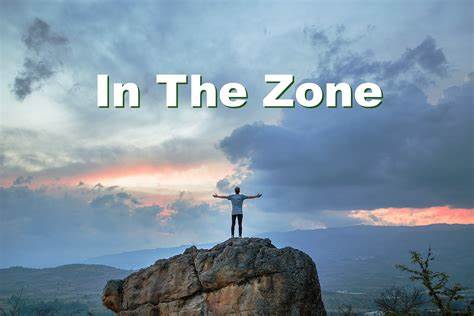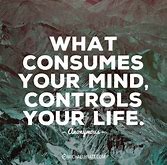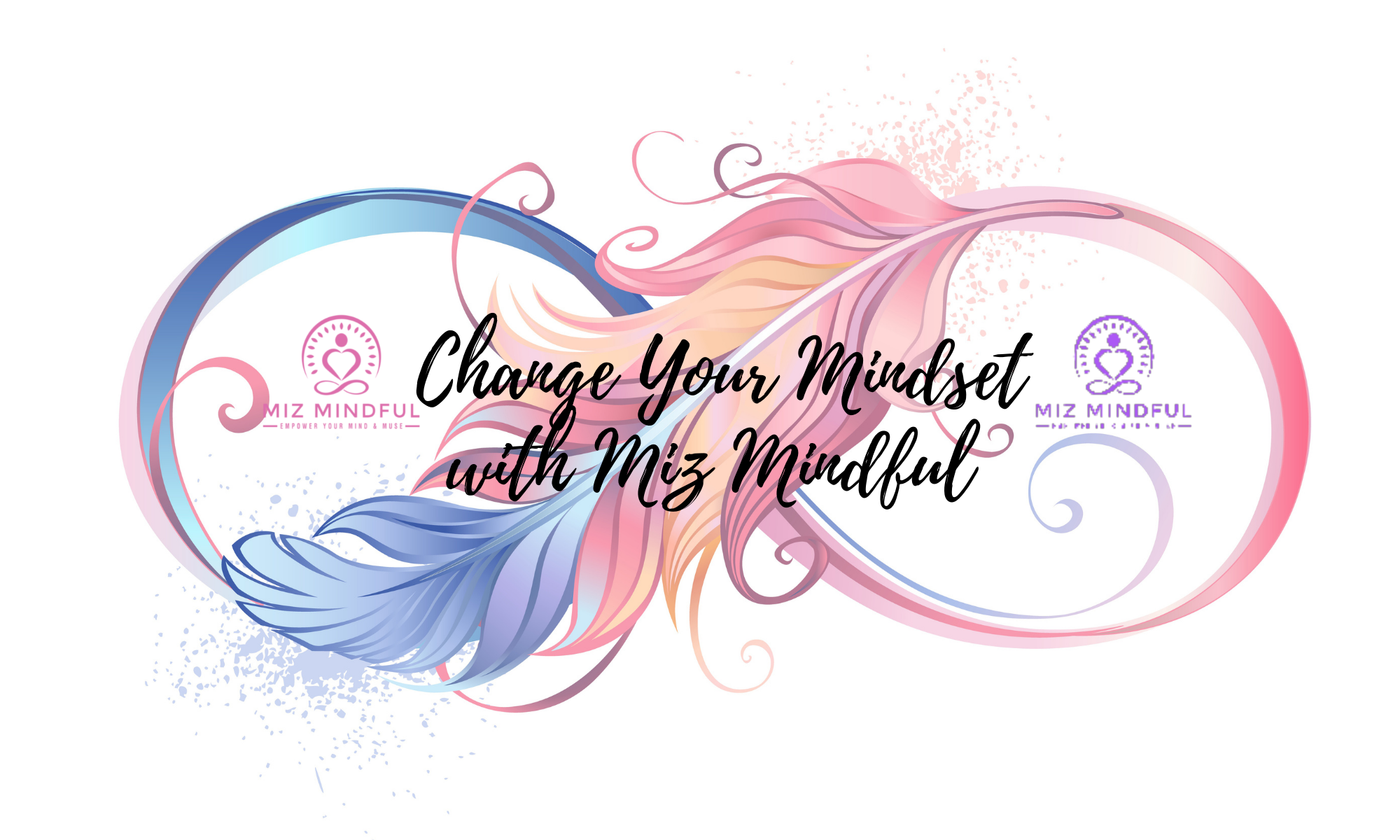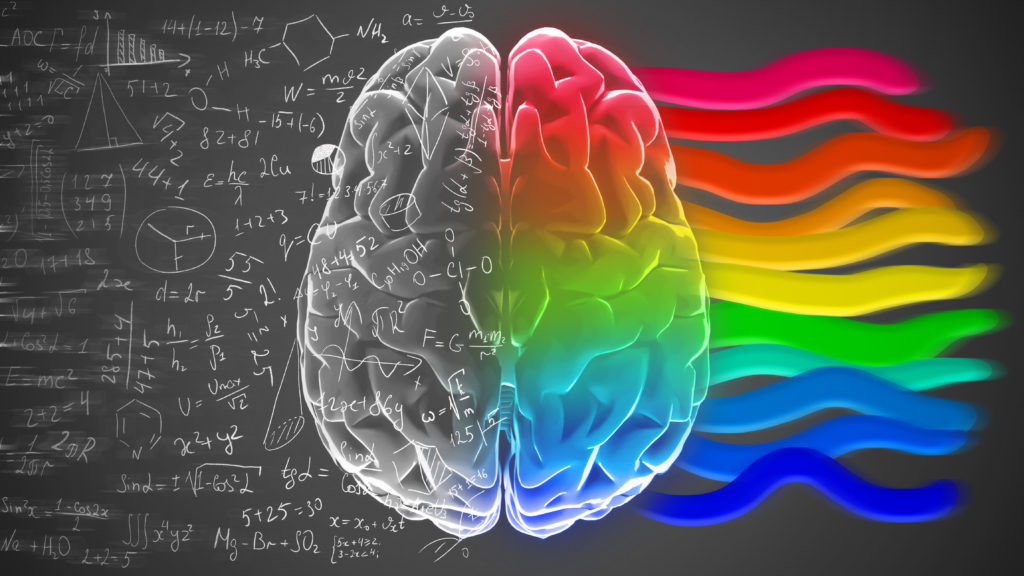
How many times in life, often in desperation, have you said, “I just want to be happy!”. That, honestly, is one of the most loaded statements we can say. Happiness is a choice is a common response from others but happiness comes from what we attach to our meaning of happiness. Mindfulness can be a key component to the foundation of “just being happy”.
Where we, as humans, believe that happiness is based on the externals like money, relationships, & honestly, a million other things, TRUE happiness is about the connection with have with our inner selves. Some call that intuition or authenticity, but it is simply is the connection of our state of mind, our intended focus, and our actions.
Harvard researcher, Matt Killingsworth, did a study of what makes us happy. 15,000 people from every different economic, ethnic, and education were used in the study. The research showed, beyond a doubt, that we are happiest when we are in the moment and least happy when our mind is wandering or . In other words, to be in the zone and go with its flow!
Using mindfulness is the easiest and fastest way to get in the zone.

- Pause. Take 3 full deep breaths.
- Focus all your attention on the present moment
- Slowly, with deliberate intention and movement., engage in your activity.
- Stay in the moment. If your mind begins to wander or goes into autopilot, gently bring yourself back to what you were doing
One of the exercises I use in my workshop uses a piece of chocolate. Using all of your 5 senses: touch, taste, smell, hearing, and sight, you slowly savor the piece of chocolate. That is the zone, when your entire focus is simply on a piece of chocolate. No other thoughts, just full attention on the task at hand..
Say you have an overwhelming deadline to accomplish something. Your mind wanders to how the hell can I get this done in such a short amount of time. Instead of focusing on all the reasons you can’t, go to the simple four steps and get in the zone, go with the flow and surprise yourself .
With practice, you can accomplish this in any moment, in any circumstance. It is about seeing that there are NO ORDINARY MOMENTS. If you follow the four steps for any task, you will discover the zone and happiness in even the most mundane or uncomfortable moments. Try it and let me know how it goes.



